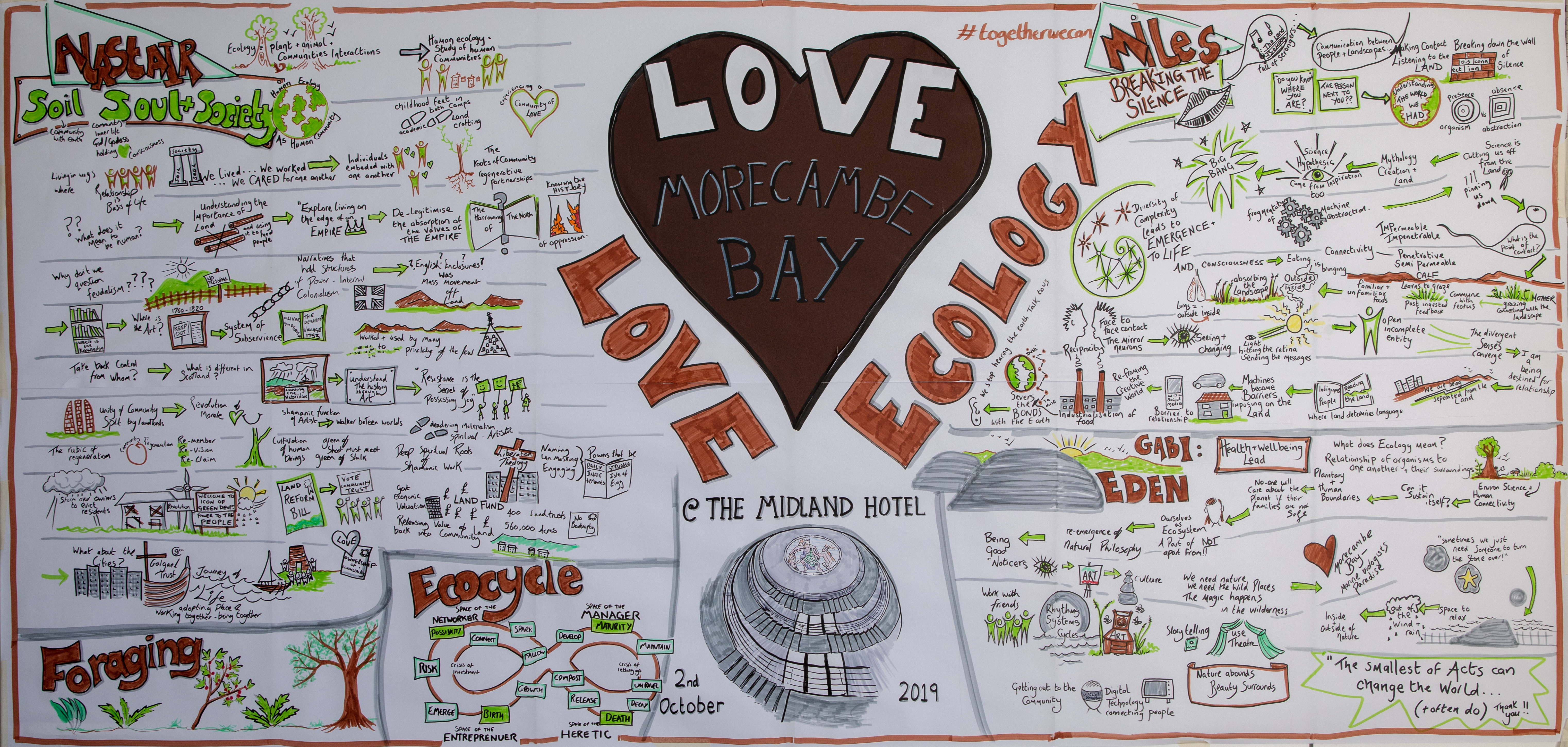Last year, I was invited to submit a proposal for a TEDxNHS talk. TEDx are independently organised TED events, and it turns out that TEDxNHS is the biggest of these in the world. I submitted two ideas – one around how we can work radically differently with our communities and one around how we create great working cultures in the NHS – both huge passions of mine. I was well excited to get through the process of selection, but was not at all prepared for the work ahead of me!
I do quite a bit of public speaking and really feel alive when I get to communicate things that I’m passionate about. I had no idea how different it is to prepare for a TED talk though! I read Chris Anderson’s book over the summer, and had several anxiety-related dreams . I genuinely thought I was never going to be ready! I couldn’t even really decide what I was going to talk about, let alone get it into an engaging piece of prose, whilst sticking to the all important 18 minute timeframe. Thanks to my amazing coach, Zara Brookes (can’t tell you how grateful I am!) and the kindness of Charlotte Hall and Shane Costigan, with hours of patience and encouragement from my lovely wife, Kat, I finally got it ready – an amalgamation of my passions. I hugely enjoyed the discipline and the focus involved in preparation, and when I got onto the stage at Indigo at the O2 Arena in London, this is what happened – hope you enjoy it:


